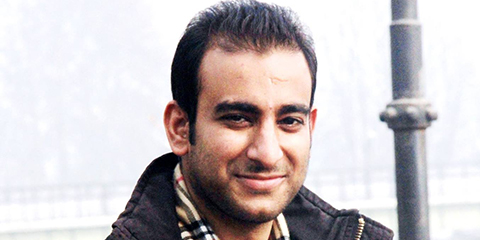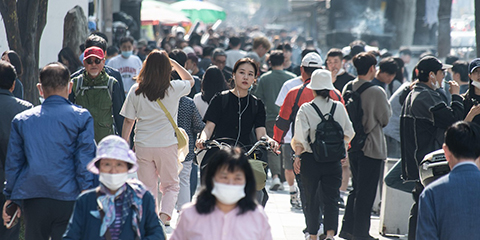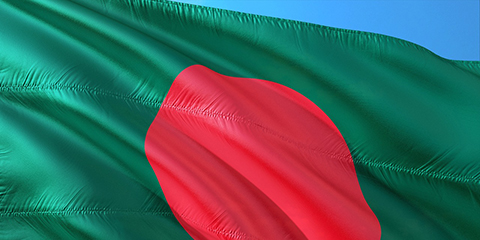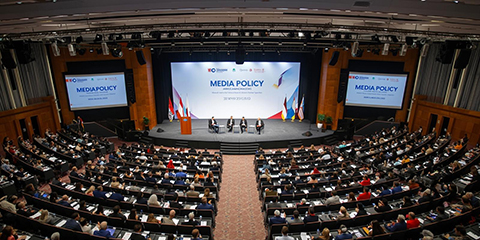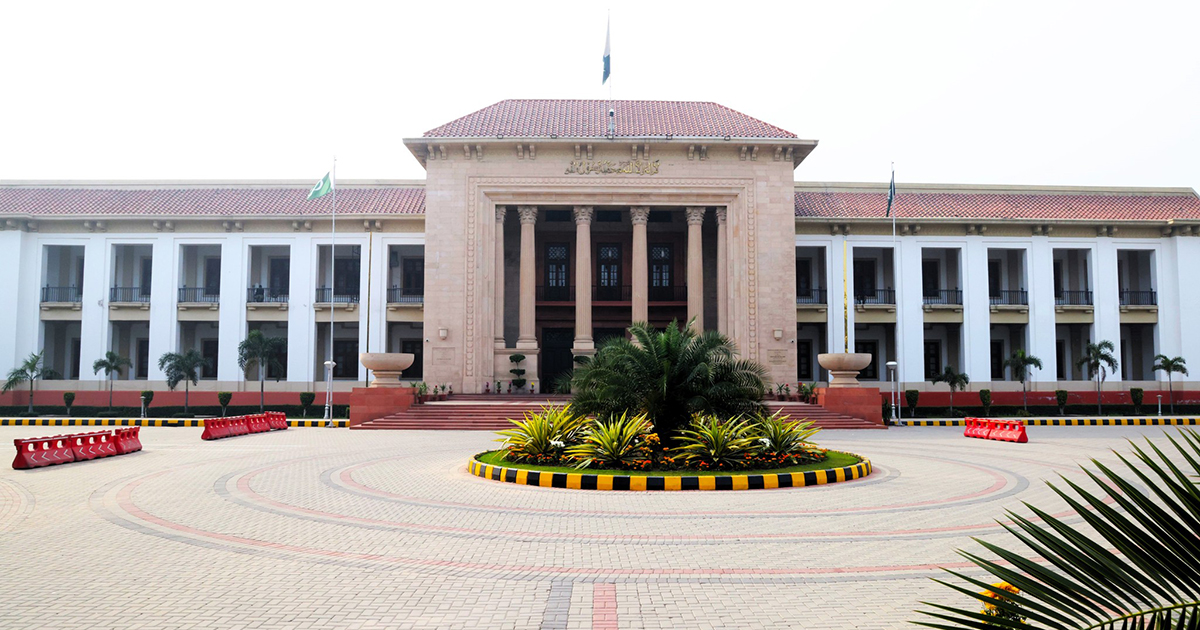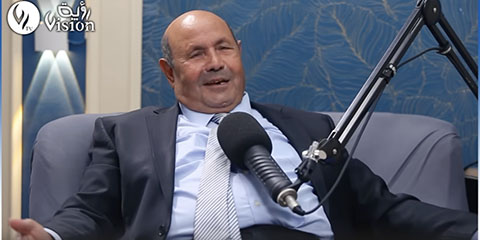Censorship in India: Media's battle for freedom under Prime Minister Modi
JournalismPakistan.com | Published last year | Roohan Malik
Join our WhatsApp channel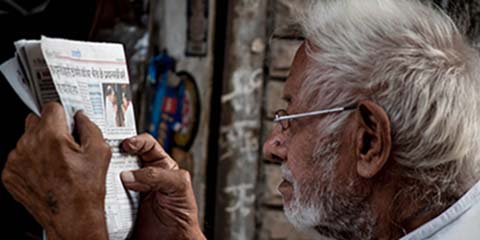
NEW DELHI—The Indian media landscape has witnessed significant transformations since Narendra Modi became Prime Minister in 2014. Amidst claims of increasing censorship and media control, journalists and news organizations in India have had to navigate a challenging environment. This article explores how Indian media is coping with censorship under Modi, highlighting real examples and coping mechanisms adopted by journalists and media houses.
Under Modi's leadership, the Indian media has faced allegations of increasing government influence and pressure. Critics argue that there has been a concerted effort to control the narrative, stifle dissent, and suppress critical reporting. The government has denied these allegations, asserting that media freedom remains intact. However, several incidents suggest a pattern of censorship and intimidation.
Instances of Media Censorship
NDTV Raids: In 2017, the offices and residences of NDTV co-founders Prannoy and Radhika Roy were raided by the Central Bureau of Investigation (CBI) over alleged financial irregularities. Critics saw the raids as an attempt to intimidate NDTV, a network known for its critical stance towards the Modi government. The timing and manner of the raids raised questions about their true intent.
The Wire vs. Jay Shah: The Wire, an independent online news outlet, published an investigative report in 2017 alleging a dramatic increase in the revenues of a company owned by Jay Shah, the son of then-BJP President Amit Shah. The report led to a defamation lawsuit against The Wire, which many viewed as an attempt to silence investigative journalism.
Journalists Arrested: Journalists have been arrested on charges ranging from sedition to spreading fake news. For example, in 2020, journalist Prashant Kanojia was arrested multiple times for his social media posts critical of the government. These arrests are often seen as efforts to curb freedom of expression and deter journalists from reporting on sensitive issues.
Pressure on Social Media Platforms: The Indian government has exerted pressure on social media platforms like Twitter and Facebook to remove content deemed objectionable. In 2021, Twitter accounts belonging to journalists, activists, and opposition leaders were suspended or flagged following government requests, raising concerns about the suppression of dissenting voices online.
Coping Mechanisms Adopted by Indian Media
Despite these challenges, Indian journalists and media organizations have developed various strategies to cope with censorship and continue their work:
Independent Digital Media: The rise of digital news platforms like The Wire, Scroll.in, and NewsLaundry has provided alternative spaces for independent journalism. These platforms often operate with fewer constraints and rely on reader-supported models to maintain editorial independence.
Collaborative Journalism: Media organizations have increasingly collaborated on investigative projects to pool resources and share the risks associated with sensitive reporting. Collaborative efforts help amplify the impact of investigative journalism and provide a support network for journalists.
Legal Recourse and Advocacy: Journalists and media organizations have turned to the judiciary to challenge censorship and defend press freedom. Legal battles, though lengthy and arduous, have sometimes resulted in favorable outcomes that uphold media rights. Advocacy groups and press freedom organizations have also played a crucial role in supporting journalists facing legal and physical threats.
International Support: Indian journalists have garnered support from international media and human rights organizations. Global attention on cases of censorship and intimidation can exert pressure on the Indian government and provide a layer of protection for journalists.
Anonymous Reporting and Whistleblowers: To avoid direct retaliation, some journalists have resorted to anonymous reporting or relying on whistleblowers to provide critical information. This approach allows sensitive stories to be published while protecting the identities of those involved.
The Indian media's coping mechanisms in the face of censorship under Modi's government reflect resilience and adaptability. While the environment for journalists remains challenging, the continued pursuit of independent journalism and the support from legal, collaborative, and international frameworks demonstrate a commitment to press freedom. As India navigates its complex media landscape, the role of courageous journalists and the importance of a free press cannot be overstated.
About the author; Roohan Malik is an independent journalist based in New Delhi.





